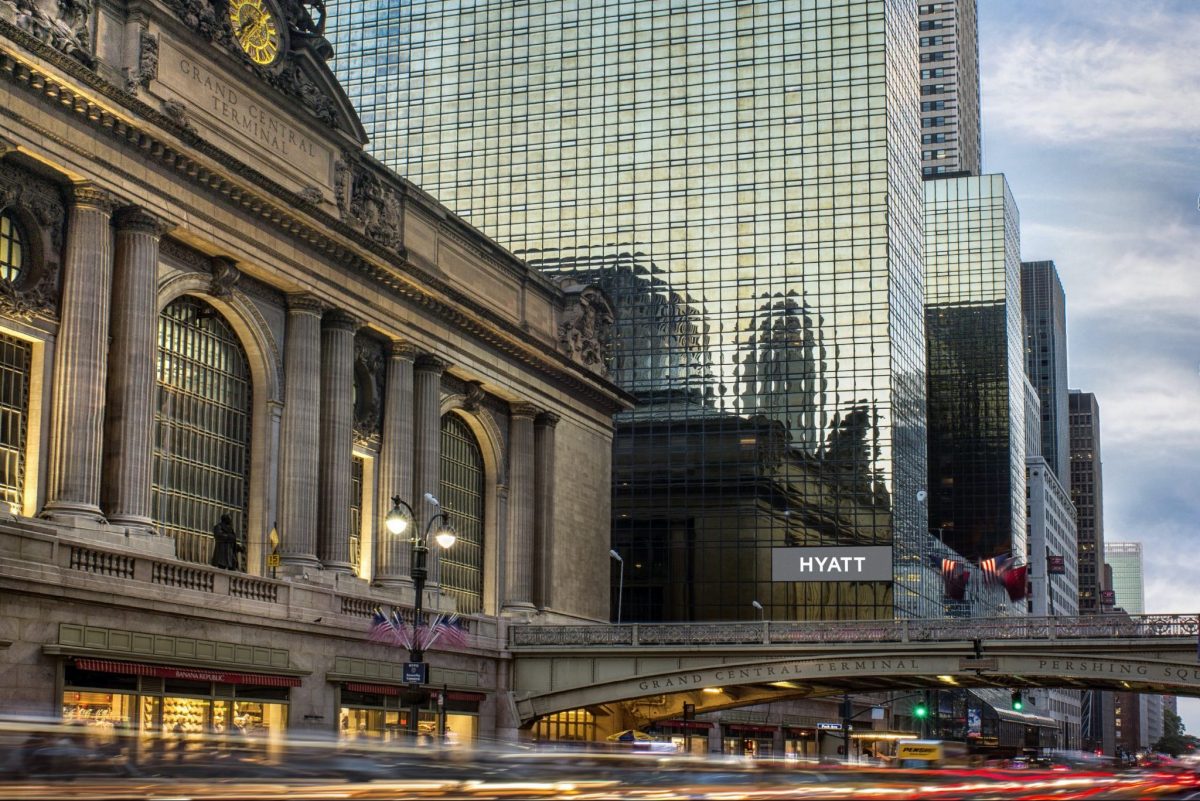Why Profits Eluded Hyatt Last Year

Skift Take
Hyatt sank back into the red for the final three months of last year after posting its only profit of the pandemic the prior quarter. That sealed the deal for a money-losing 2021, making it among the only major hotel brand not to return to the black.
The company’s executive team spent a bulk of a Thursday investor call on the defensive after a flurry of analyst reports overnight expressed confusion over how the company measured financial performance. No matter what number the Hyatt C-Suite wants investors to focus on as their symbolic win, the Chicago-based hotel company reported a $29 million fourth quarter loss and $203 million loss for the entirety of 2021. It may been, in part, that many of its brands cater to events and business travelers, both of which have not come back significantly.
Hyatt leaders zeroed in on how various performance metrics improved over the year, but it is hard to envision any reason to take a victory lap given how U.S.-based competitors Marriott, Hilton, Wyndham, and Choice Hotels all reported full-year profits in recent days.
“First and foremost, I just want to say we are thrilled with the performance in the quarter but also [with] what we're seeing in the … growing period, when we can call it post-Omicron booking levels,” Hyatt CEO Mark Hoplamazian said defensively during the investor call in response to numerous follow-up questions received since the company reported numbers after stock markets closed Wednesday. “It's giving us tremendous optimism as we look into this year.”
Hyatt, with legacy brands like Hyatt Regency and Grand Hyatt, reported an array of improved performance figures for the fourth quarter despite the profitability setback. Company leaders also touted the company’s strong pace of development, which eclipsed Marriott and Hilton in terms of percentage growth. Despite the financial losses, Hyatt did improve over the $203 million loss seen in the fourth quarter of 2020 and the $703 million loss for that entire year.
Performance to the legacy, pre-Apple Leisure acquisiton business at Hyatt was at 74 percent of 2019 levels compared to under 70 percent in the third quarter.
But many of these brands cater to the kind of business travel that just isn’t happening in the pandemic. While Hoplamazian touted an improvement in business transient travel demand in the fourth quarter, this sector of Hyatt’s business was still at only 44 percent of 2019 levels.
Larger group business was at only 40 percent of 2019 levels. The company had a rough start to this year, as revenue per available room — the hotel industry’s key performance metric — was down 37 percent from 2019 levels in January and 32 percent off for the first two weeks of February.
Hyatt’s stock tumbled Wednesday after the close of trading and following its earnings release. Its stock price was down 2.5 percent early Thursday afternoon after the investor call.
Hoplamazian, just as he has for several quarters, touted optimism regarding the return of large group meetings and events as well as business travel. Several case surges staved off that optimism from becoming a consistent reality.
It is increasingly evident Hyatt’s vulnerability stems from a weakness in not having the kind of extensive network of roadside and affordable hotels that made brands like Choice Hotels and Wyndham resilient through the worst of the pandemic.
Even Marriott and Hilton, which also bank on business and events travel like Hyatt, have made more of a push in catering to more resilient streams of business from so-called road warriors — essential workers that continued to travel through the pandemic because their work is impossible to do remotely.
Hoplamazian and Joan Bottarini, Hyatt’s chief financial officer, spent a significant amount of time of the call describing the importance of the company’s $2.7 billion Apple Leisure Group acquisition, which doubled the company’s resort portfolio and gave it a significant lift into Europe. But ALG was only part of Hyatt for the final two months of the year.
Hyatt’s Apple Leisure acquisition is clearly one of necessity to bring in more leisure travel business to the company. Coupled with the company’s Two Roads Hospitality — owner of brands like Thompson Hotels — acquisition in 2018, Apple Leisure throttles forward Hyatt’s presence in luxury and lifestyle hotels as well as resorts, all sectors expected to accelerate during the recovery.
A continued push into leisure business, as well as selling off more of the hotels it still owns rather than just franchises, is key in improving business.
“We're thrilled with the transformation and the mix of the rooms in our portfolio open today,” Hoplamazian said while referencing Apple Leisure as well as plans to sell off more hotels.




